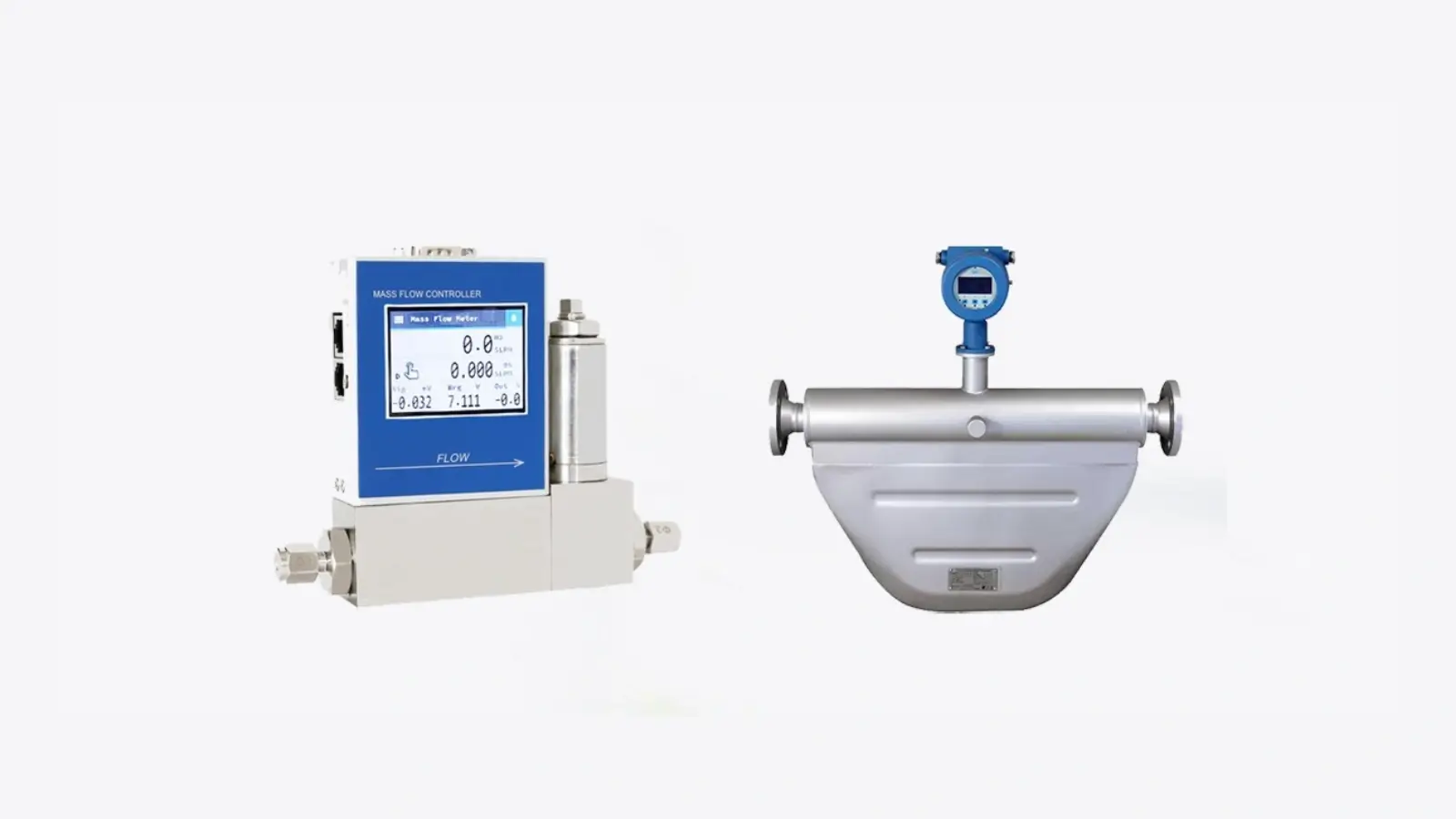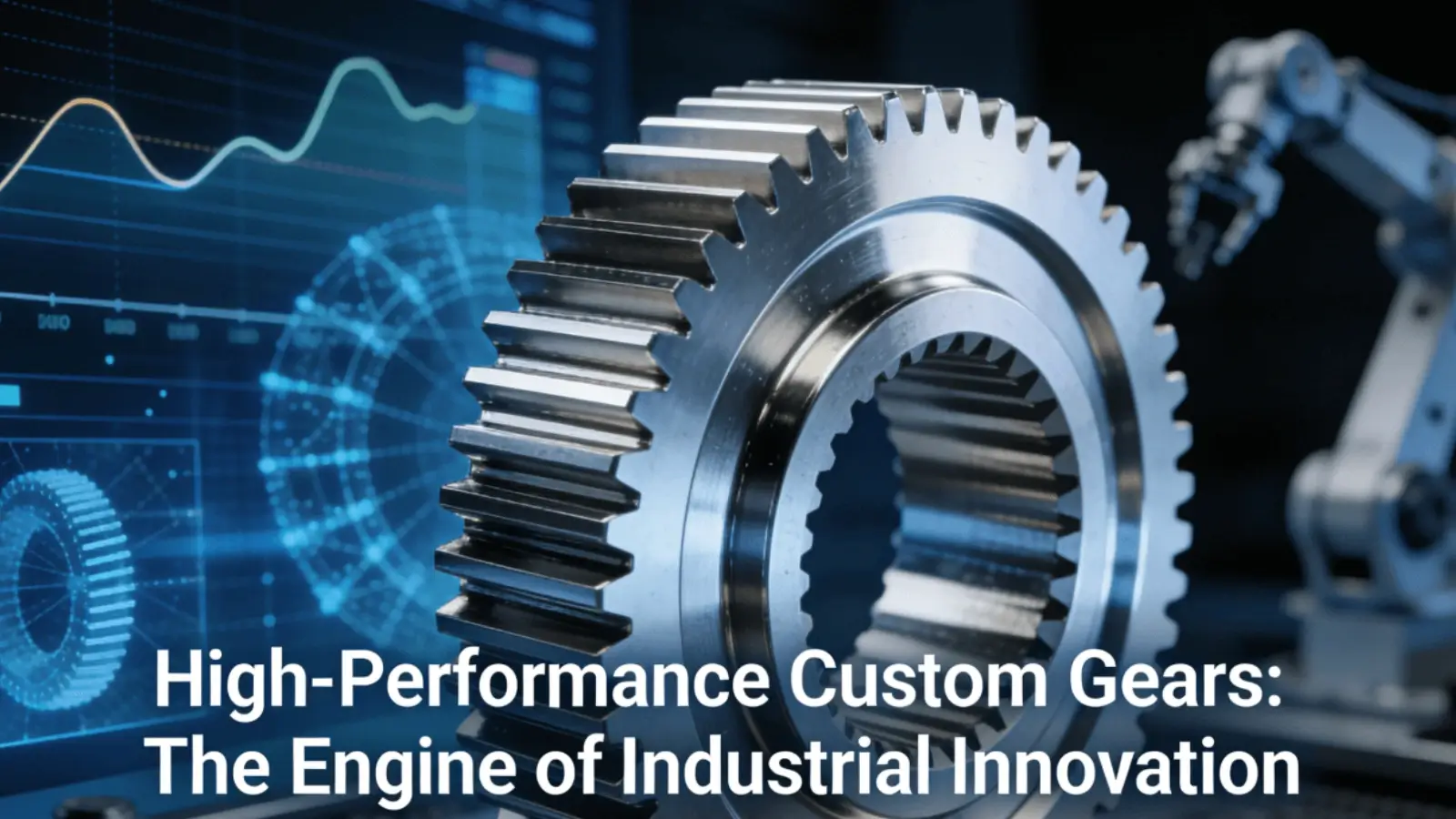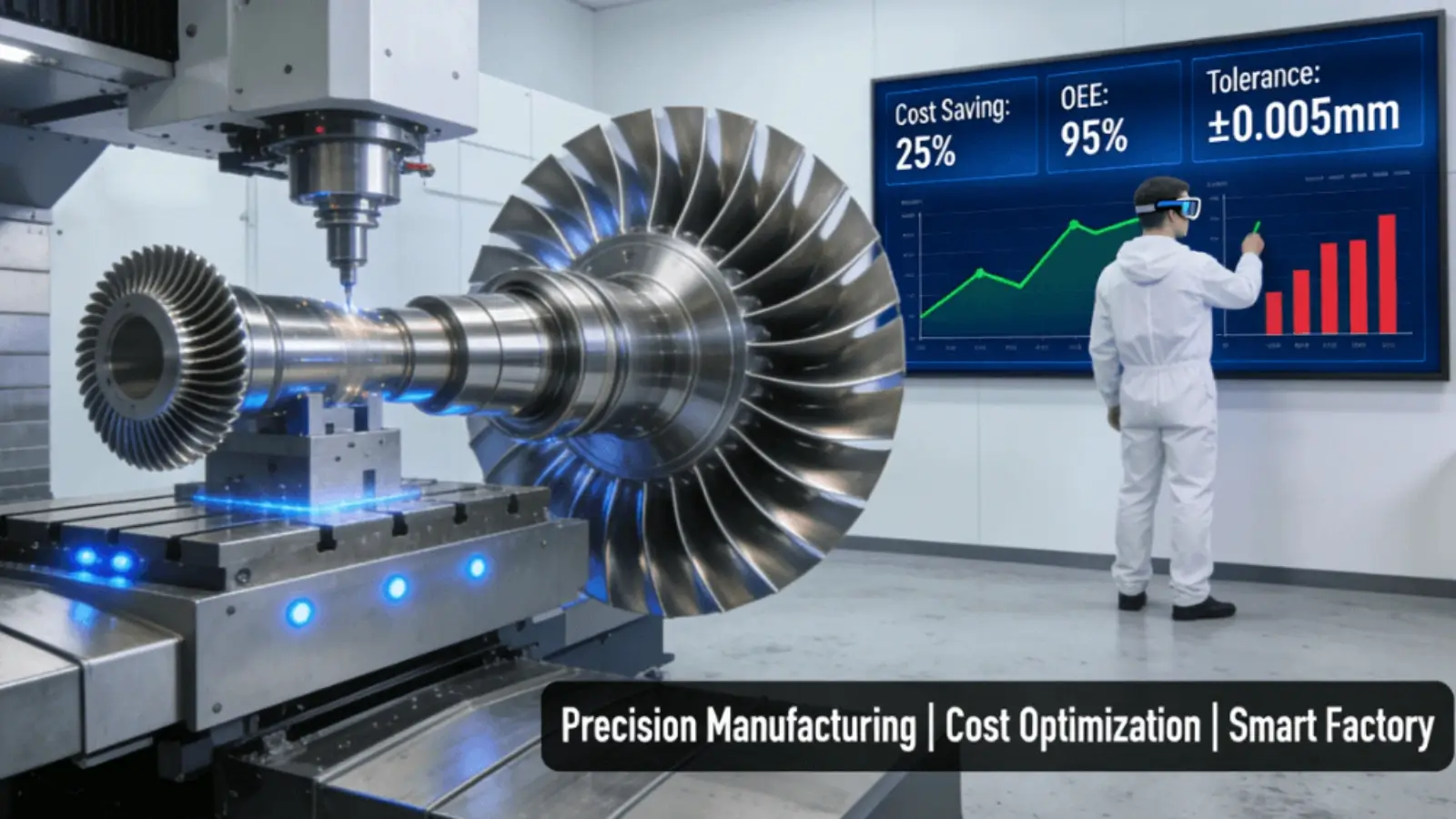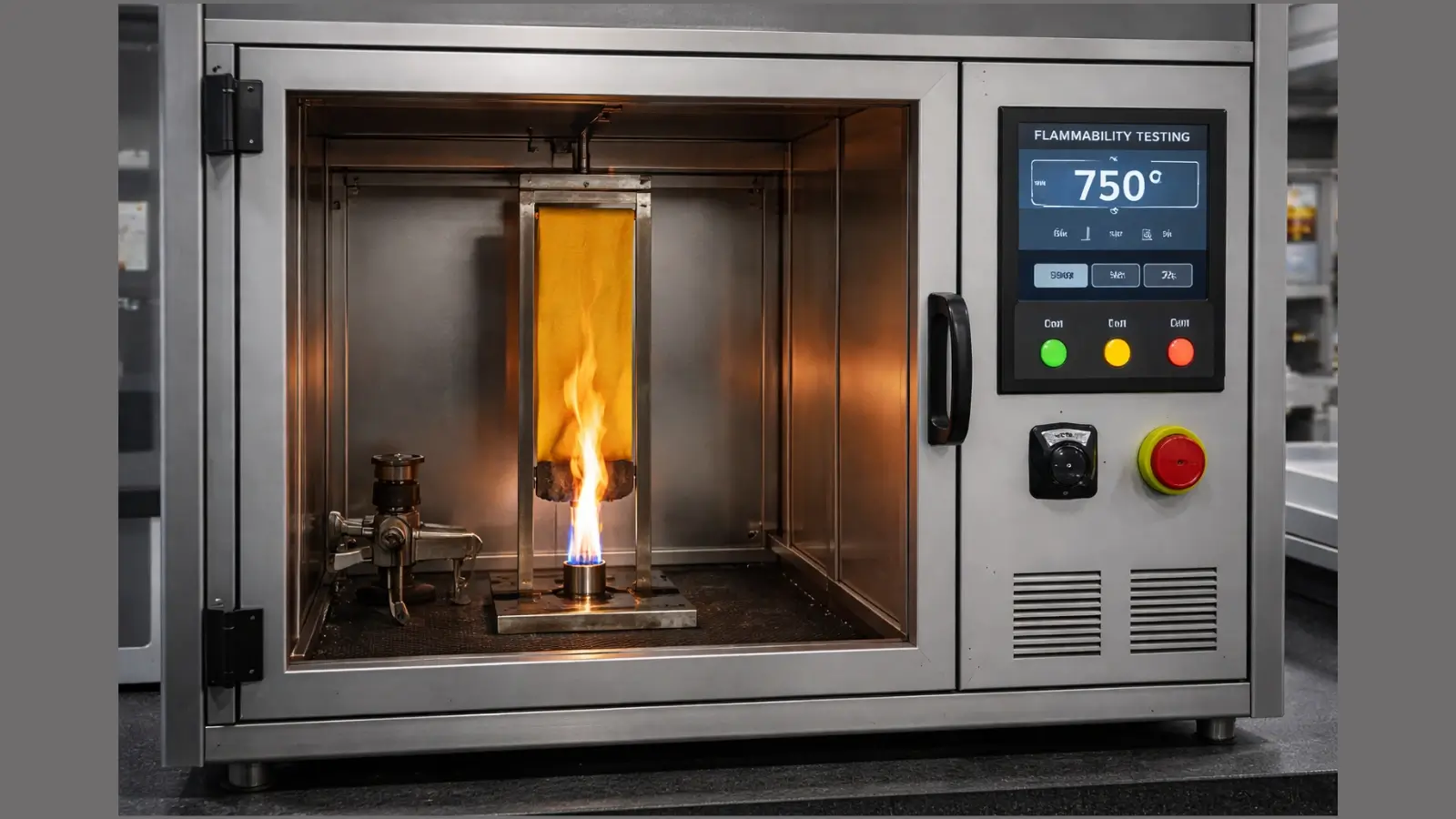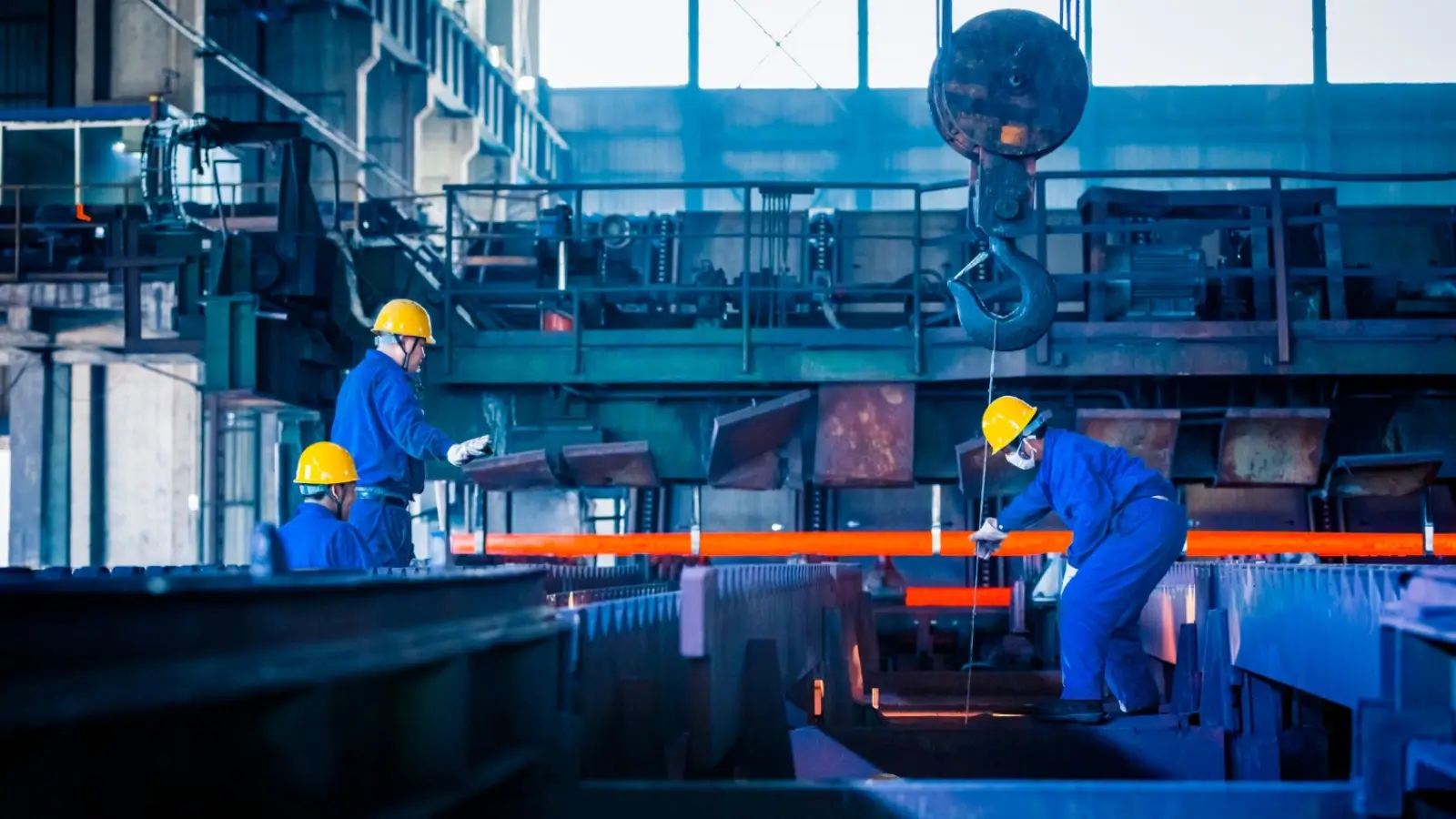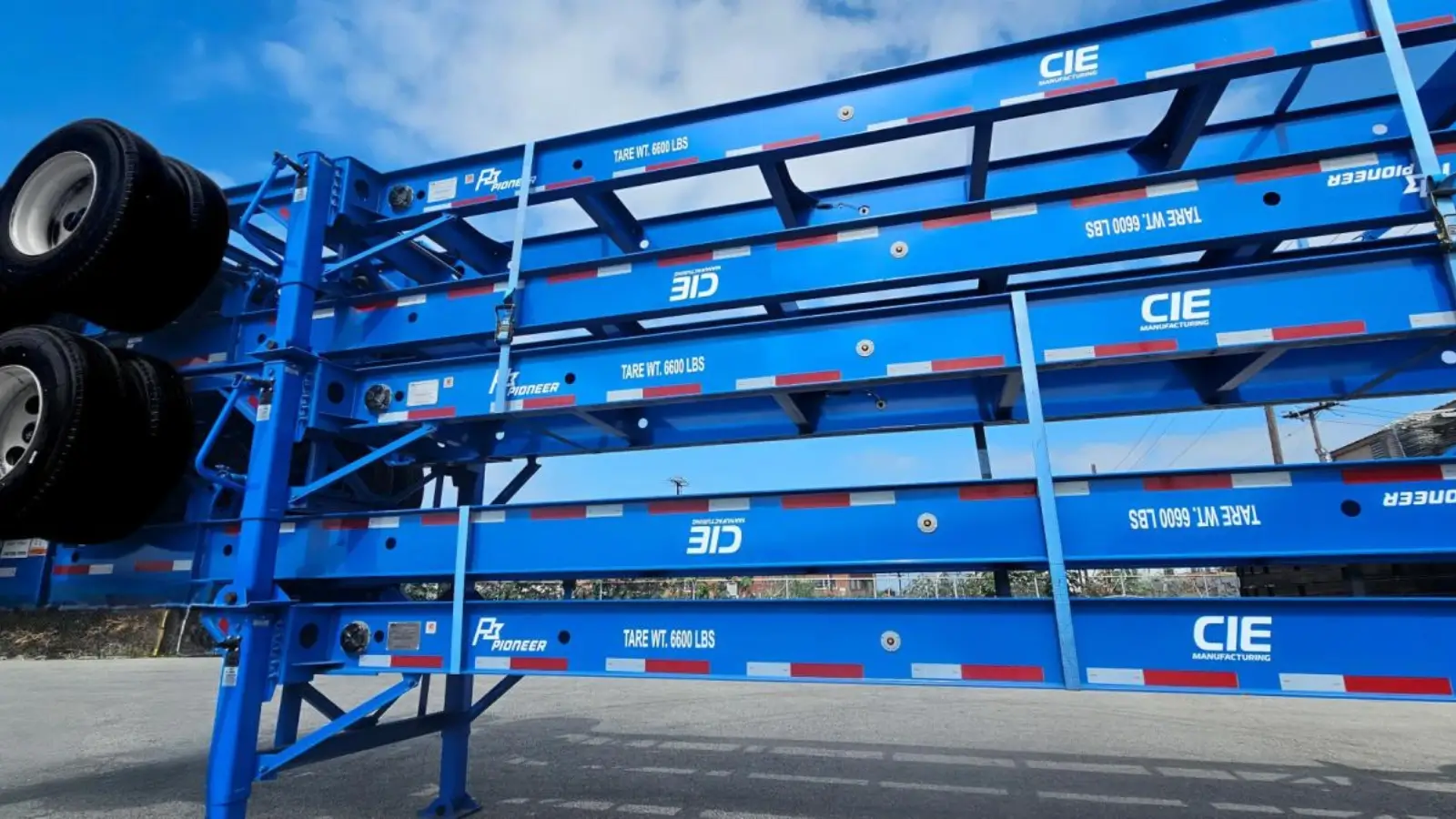Whether you're starting a new laser engraving venture or upgrading your current equipment, selecting the right laser machine is a key investment decision that can impact productivity, quality, and overall success. With so many options on the market, it's important to consider several factors before making a purchase. This guide will walk you through six essential steps to help you choose the right laser machine and laser machine supplier for your business.
Define Your Business Niche and Applications
Before looking at machines, clearly define what you plan to do with the laser. What materials will you be working with? What specific processes will you perform – cutting, engraving, or both? Understanding your niche market and the primary applications for the laser machine will narrow down the types of lasers and features you need to consider. Different materials and applications require different laser types (like CO2, fiber, or UV) and specific functionalities.
Consider the Size of Your Materials
The machine's work area must be large enough to accommodate your typical material sizes. Think about the largest pieces you plan to work with regularly. A machine with a larger bed offers more flexibility but also requires more space in your facility. Ensure the machine's design allows for easy loading and unloading of your specific material sizes.
Choose the Appropriate Laser Wattage
Laser wattage directly affects the machine's power and speed, particularly for cutting. Higher-wattage lasers can cut thicker materials and engrave faster, but they also come at a higher cost. The required wattage depends heavily on the materials you will process and the depth or speed required. Research the recommended wattage ranges for your primary materials and applications to find a machine with sufficient power without overspending on unnecessary capacity.
Determine Your Production Volume
The volume of work you anticipate handling is a major factor in machine selection. A business with high-volume production needs will require a more robust, faster machine designed for continuous operation. For lower volumes or occasional use, a smaller, less industrial machine might suffice. Consider your current production needs and future growth projections when evaluating machine speed, duty cycle, and automation features.
Evaluate Warranty and Support
Look closely at the warranty offered by the manufacturer or supplier. Understand what is covered, for how long, and the process for making claims. Equally important is the availability and quality of technical support, training, and access to spare parts. Downtime can be costly, so knowing you have access to prompt and knowledgeable support is vital for maintaining productivity.
Contact a Laser Machine Supplier to Get Started
Whether you're cutting, engraving, or marking, experts at laser machine suppliers are there to walk you through every step—from choosing between CO2, fiber, or hybrid systems to getting the training and support you need to hit the ground running. Contact one today!










